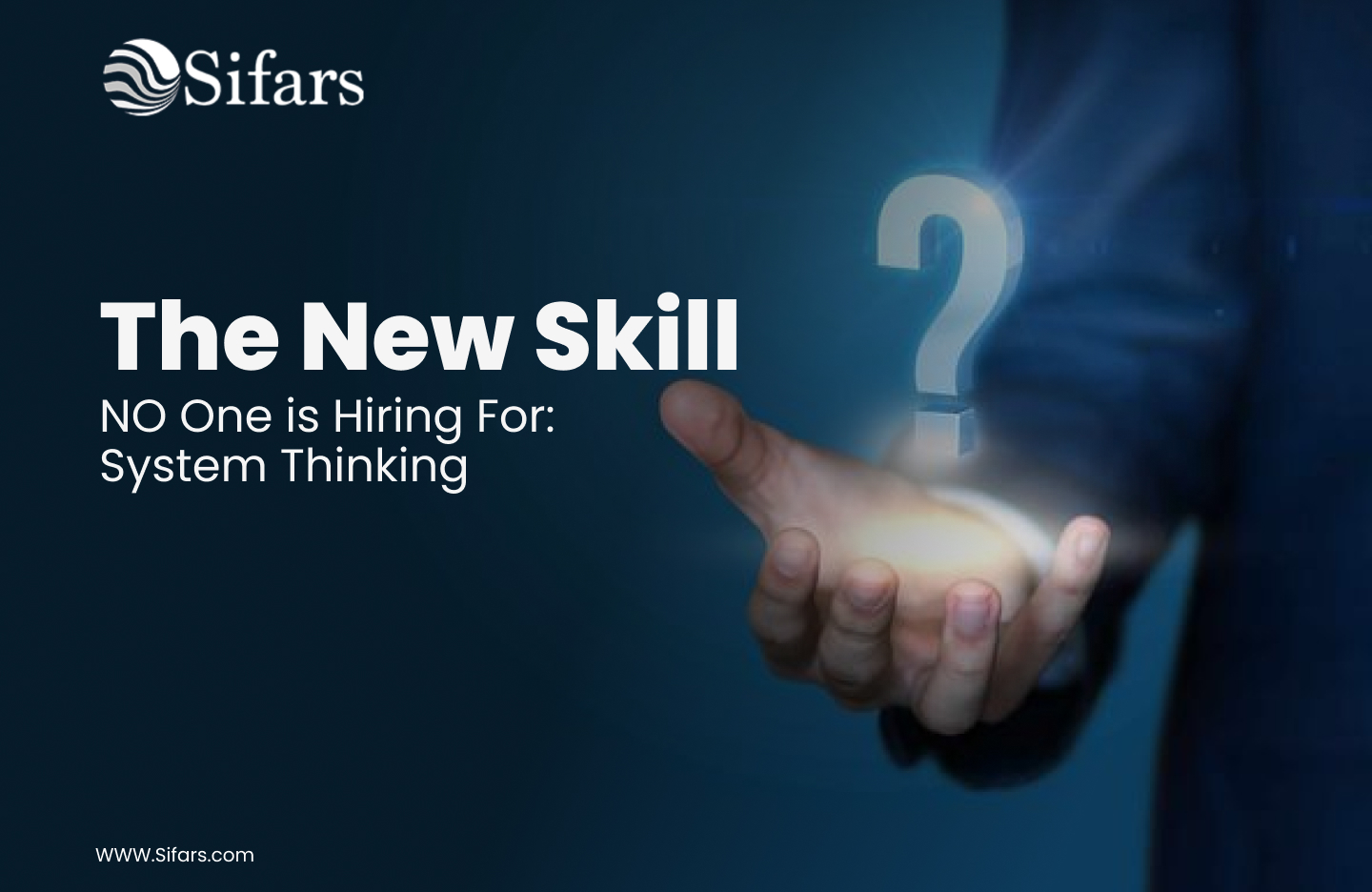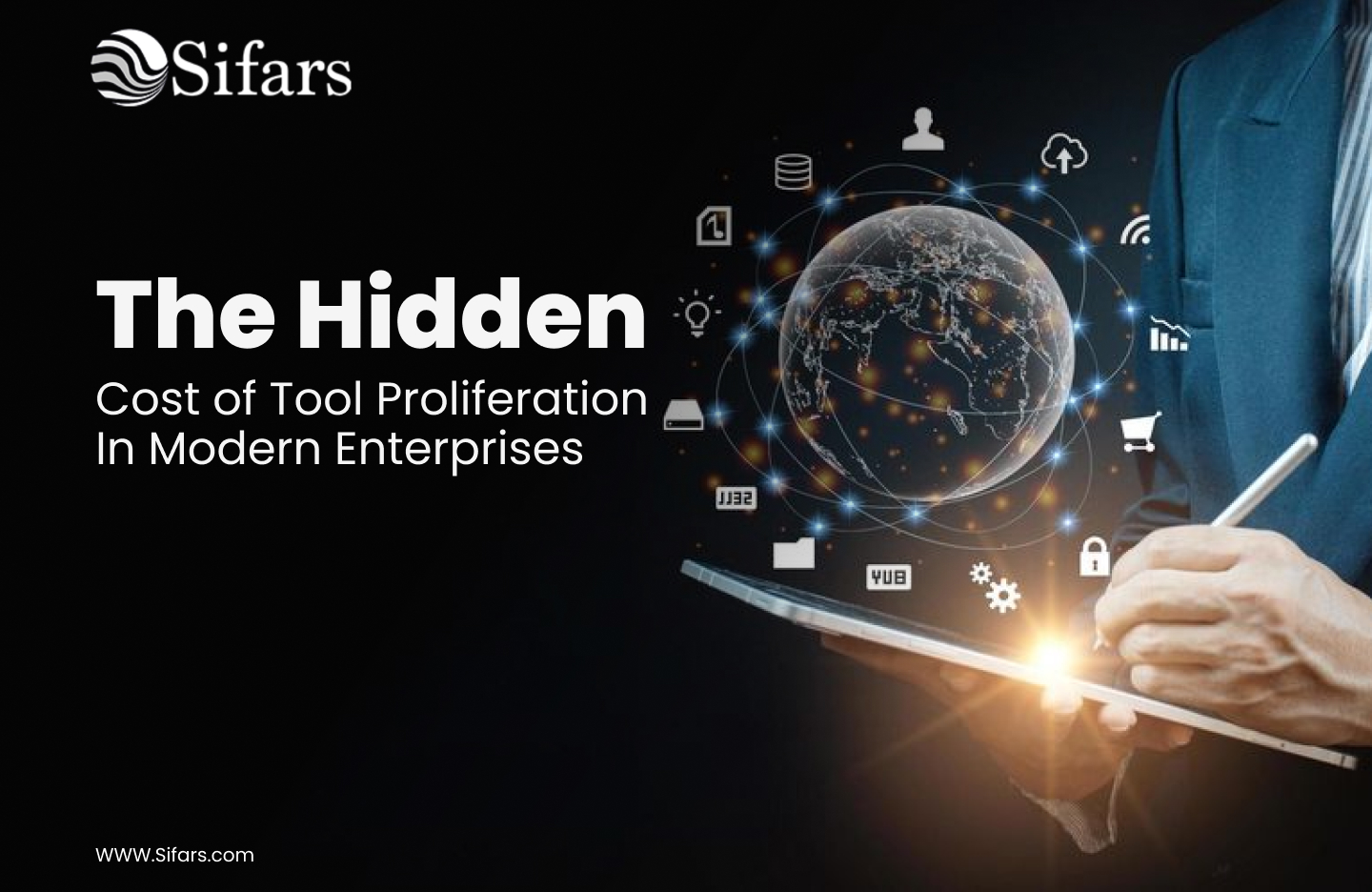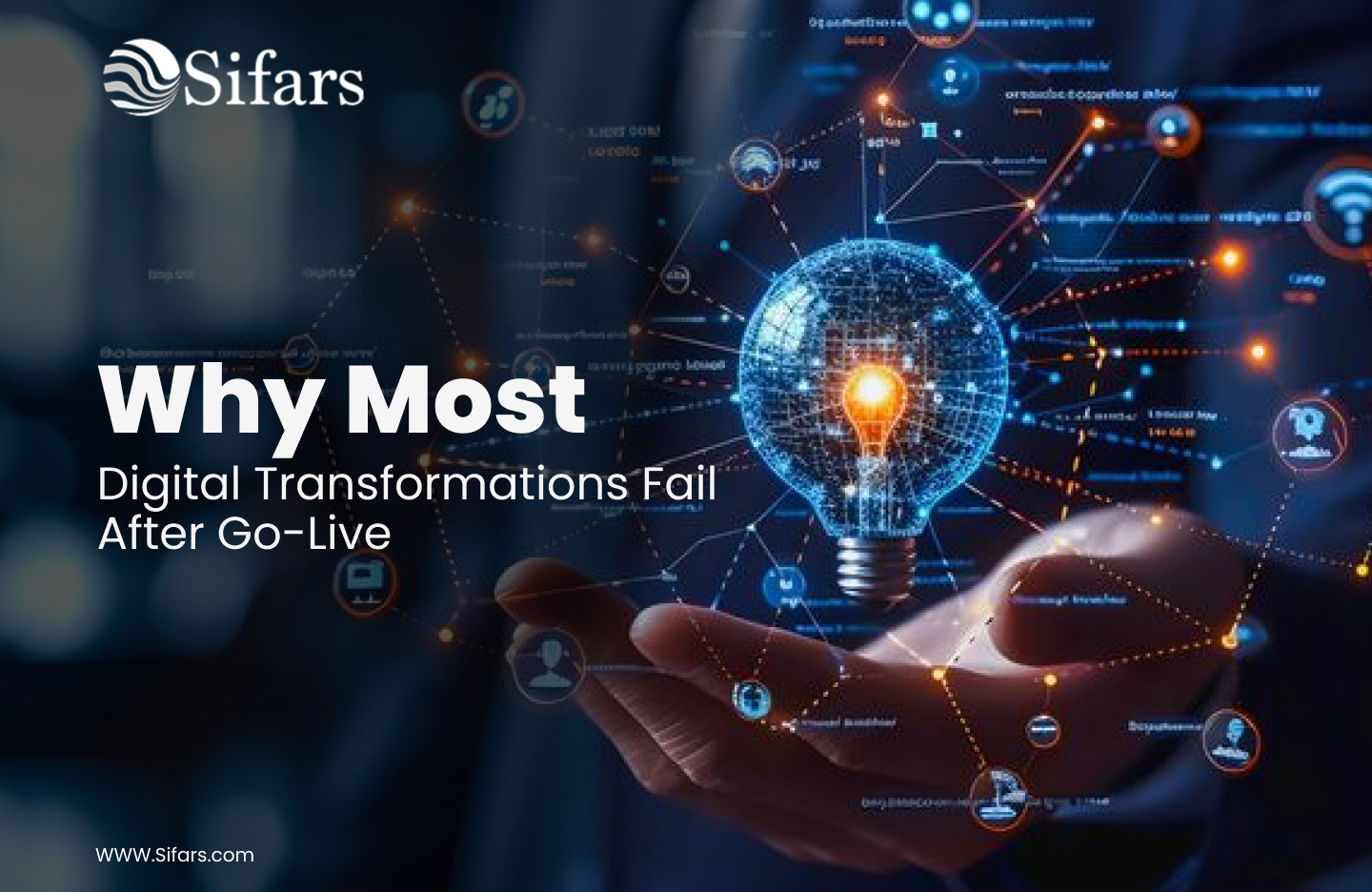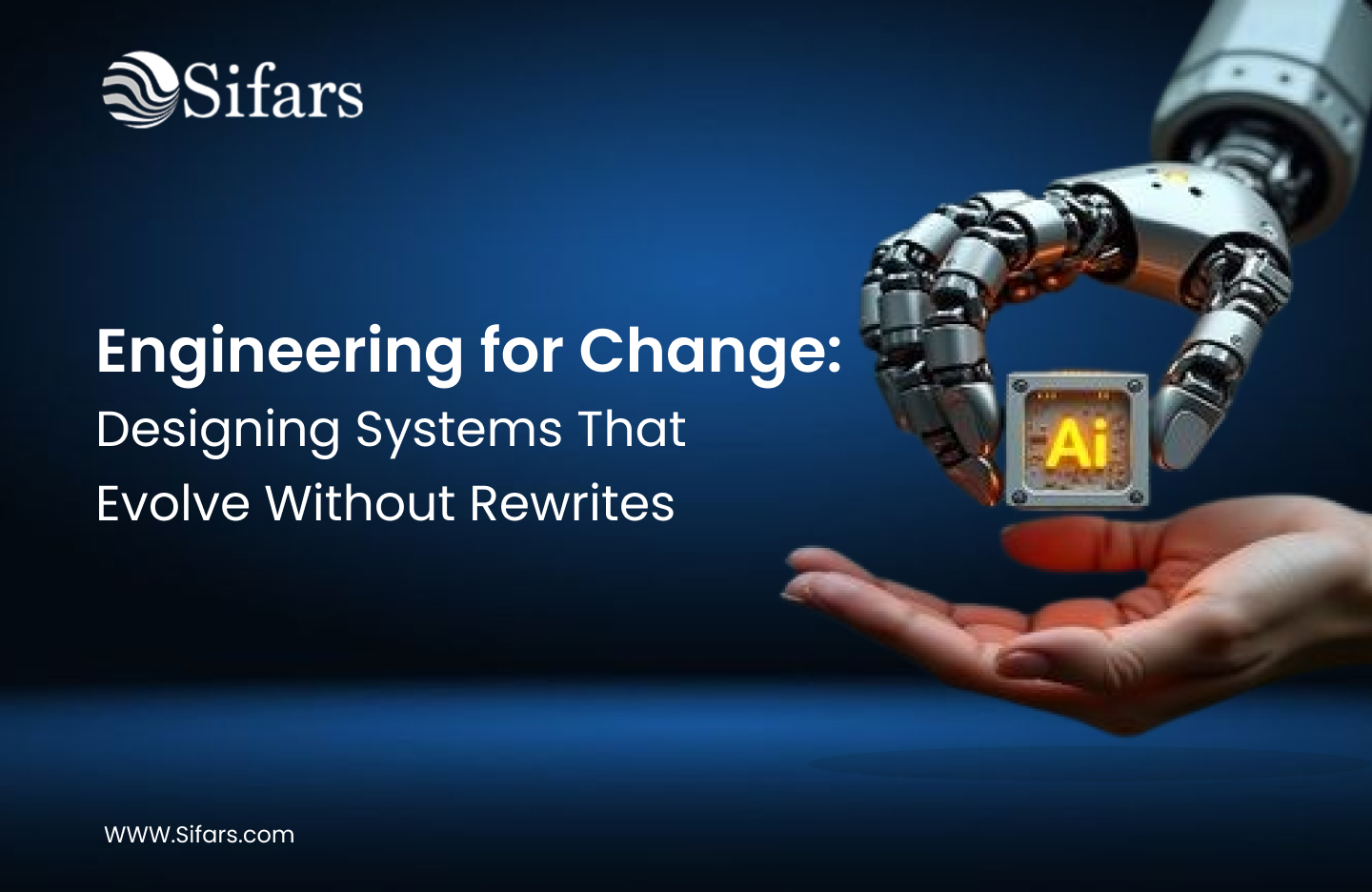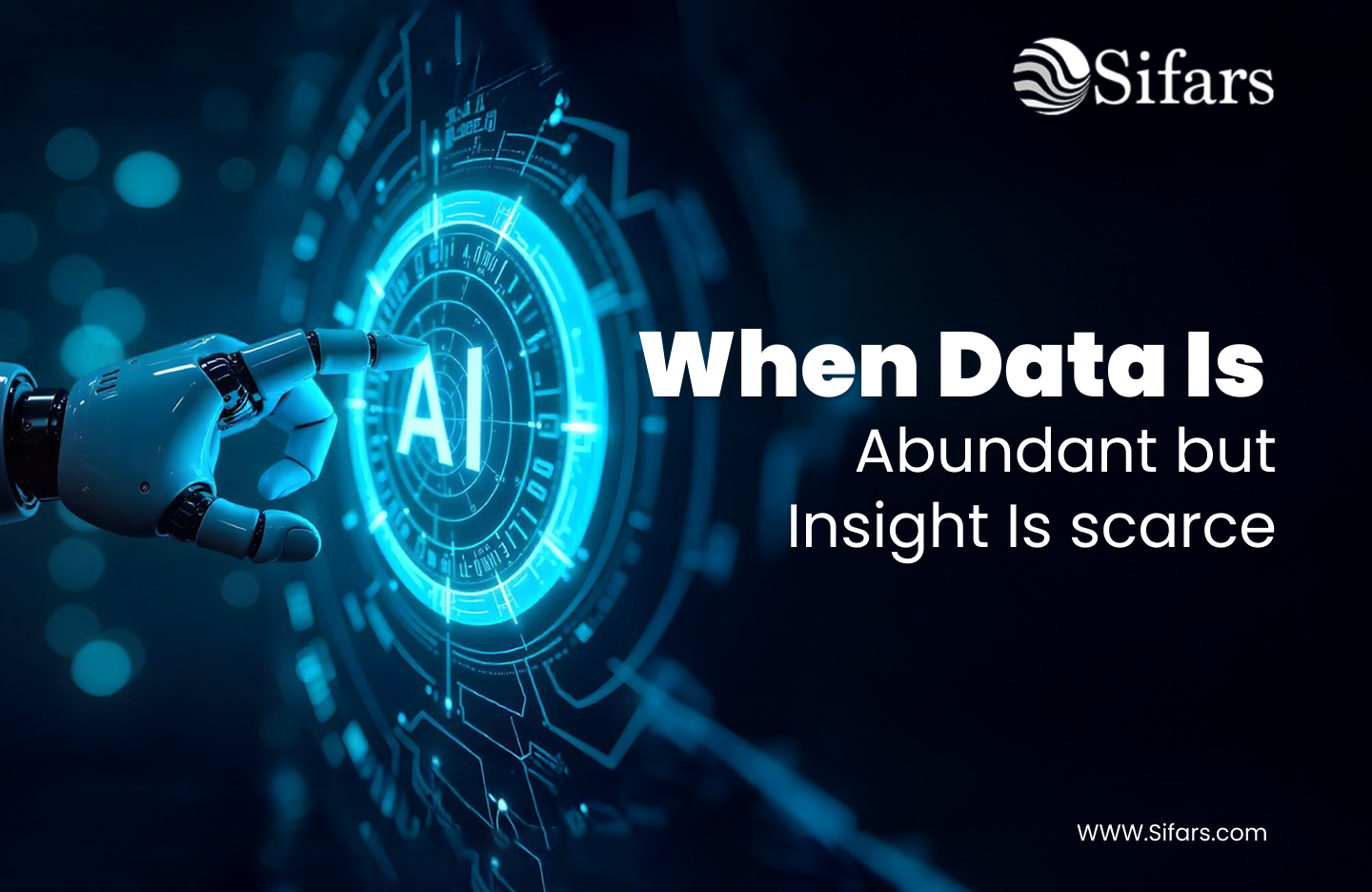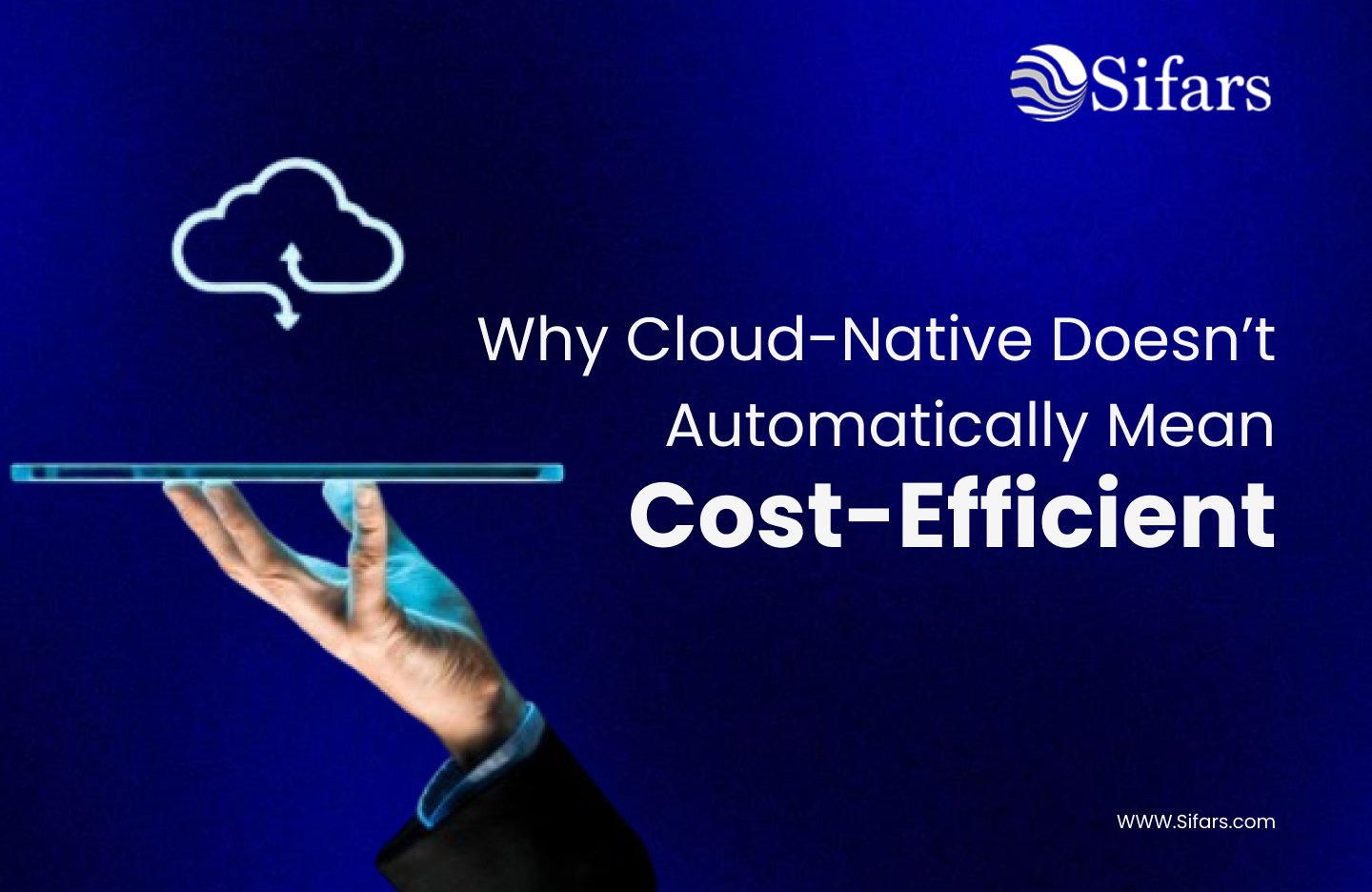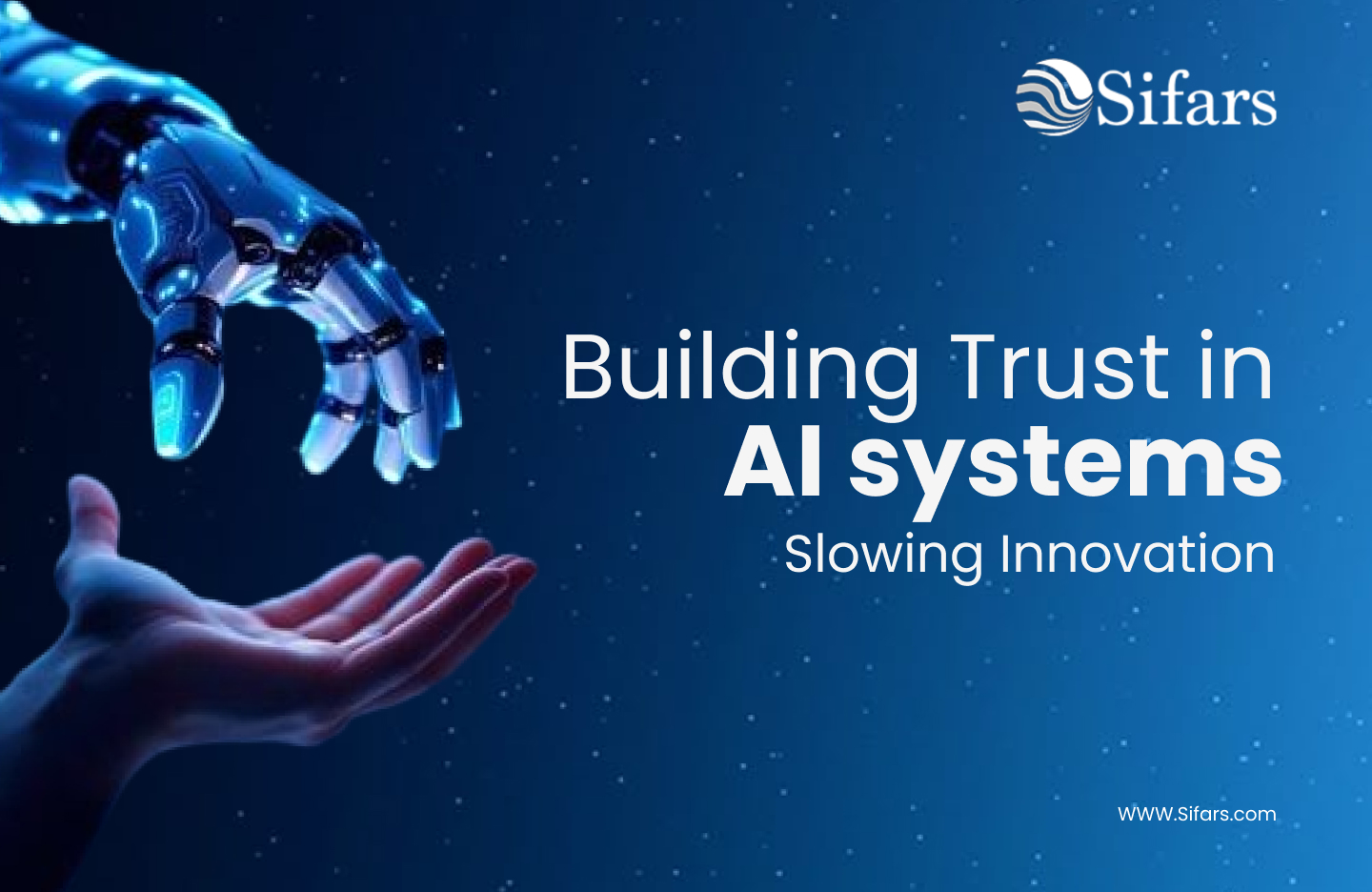KPIs are all, in theory, about focus.
Really, most of them just produce distortion.
Companies use KPIs to align their teams around important performance indicators and to hold their employees accountable. Dashboards are reviewed weekly. Targets are cascaded quarterly. Performance is discussed endlessly. But even with all of this measurement, results frequently disappoint.
The KPIs are the problem too.
It’s that many of them inadvertently reinforce the kind of behavior that organizations are trying to weed out.
Measurement Alters Behavior — Just Not Always for the Better
Any time a number becomes a target, behavior attempts to adapt toward it.
It’s not a shortcoming in individuals; it’s what you’d expect the system to do. When people are judged by a number, they will do whatever it takes to make that number go up, even if it results in bad behavior.
Sales teams discount heavily to meet revenue goals. Support groups close tickets fast, because they process TICKETS not the Problem. Engineering teams deliver features that artificially increase output metrics but don’t actually create customer value.
The KPI improves.
The system weakens.
KPIs Measure Activity, Not Value
Many KPIs centre on what is easy to count, rather than what actually counts.
Measures such as task completion, utilization rates, response times and system usage measure movement — not progress. They incentivize activity over the power to make a difference.
When success is measured in terms of being busy rather than providing value, teams learn to keep themselves busy.
Local Optimization Kills the Whole System
KPIs are typically rolled up at the team or functional level. Each group’s targets are monitored as detached numbers in a vacuum from how they impact all the others.
One produces to its numbers by pushing work downstream. Another decelerates execution to preserve quality scores. Both teams look good one-on-one but end-to-end results are not great.
This is how workplaces get good at moving work — and garbage at delivering outcomes.
KPIs Minimize Judgment in Situations When Judgment is Most Needed
Execution requires judgment: when to optimize for learning over speed, long-term value over short-term gain or collaboration over optimization.
Rigid KPIs suppress judgment. If there is a penalty for missing the number, people follow the metric even when it results in poor outcomes. Eventually resistance gives way to compliance.
The organization ceases to adapt, and begins to game the system.
Lagging Indicators Drive Short-Term Thinking
Most KPIs are lagging indicators. They tell you what happened, but not why it did or what should happen next.
As these measures come to prevail performance discussions, teams are incentivized to tune themselves towards current numbers at the cost of future capability. Long-term factors like resilience, trust and adaptability can hardly be charted on a dashboard — so they are deprioritized with little fanfare.
What High-Performing Organizations Do Differently
They don’t remove KPIs. They redefine the purpose of metrics.
High-performing organizations:
• Measure outcomes, not just outputs
• Balance leading and lagging indicators
• Use metrics as learning signals, not as targets
• Frequently check if KPIs are positively influencing the right actions
• Recognize that no metric can substitute for human judgement
They create systems in which metrics inform decisions — not veto them.
From Dominating Behavior to Facilitating Results
The function of KPIs is not control.
It is feedback.
Teams are more empowered and accountable when they have visibility into how the system is behaving using metrics. The use of metrics to enforce compliance leads to fear, shortcuts and distortion.
Better systems lead to better numbers — and not the other way around.
Final Thought
It’s rare for most KPIs to go wrong because they are poorly structured.
They fail because they are being asked to replace system design and leadership judgment.
The real question is not:
“Are we hitting our KPIs?”
It is:
Are our KPIs driving the behaviors that result in sustainable outcomes?”
At Sifars, we support companies to rewire how metrics, systems and decision-making interact — so performance improves without exhaustion, gaming or unwarranted complexity.
If your KPIs are good, but execution’s a bitch, maybe it’s time to re-design the system behind the numbers.
👉 Get in touch with Sifars to know how a better systems make for better outcomes.
🌐 www.sifars.com


